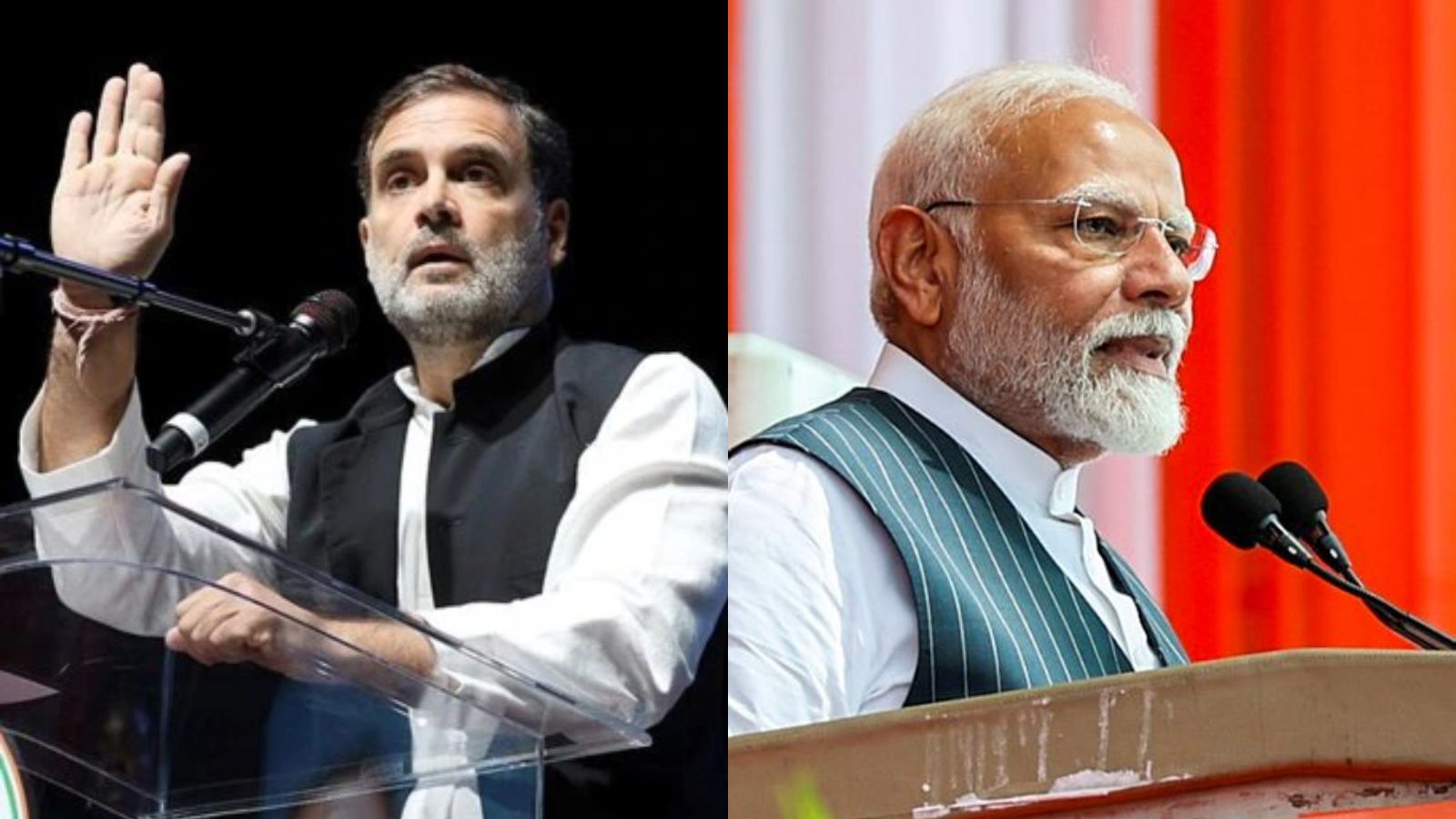 |
|
The Indian political landscape is once again embroiled in controversy, this time fueled by allegations of censorship and suppression of free speech. A journalist, Rohit Sharma, has accused members of Congress leader Rahul Gandhi's team of seizing his phone and deleting an interview with Indian Overseas Congress chairperson Sam Pitroda, after Sharma posed a question about the issue of Bangladeshi Hindus. This incident has sparked outrage, with Prime Minister Narendra Modi using the incident to launch a scathing attack on the Congress party, accusing them of undermining democratic principles and freedom of the press.
Sharma's account of the incident, published in the Opinion section of India Today, details a harrowing experience. During an interview with Pitroda in Dallas, Texas, Sharma asked a question about whether Gandhi would raise the issue of Hindus being killed in Bangladesh during his meetings with US lawmakers. This seemingly innocuous question sparked a violent reaction from Gandhi's team, with members shouting, attempting to physically grab Sharma, and ultimately seizing his phone. Sharma claims they repeatedly attempted to delete the interview from his phone, even going so far as to check his iCloud account, although they were unsuccessful in permanently removing the recording. This incident raises serious concerns about the level of control that political figures and their teams exert on the media, particularly in the context of sensitive political topics.
Modi, in a fiery speech at an election rally in Jammu's Doda, seized upon the incident, characterizing it as a blatant assault on freedom of the press and an example of the Congress's disregard for democratic values. He drew parallels to the Congress's performance in the state of Himachal Pradesh, implying that their policies have had detrimental consequences for the region. His speech aimed to paint the Congress as a party that undermines democratic principles and utilizes tactics of suppression and control to maintain its power. This incident, whether true or not, has once again brought to the forefront the delicate balance between free speech, media freedom, and political sensitivities. The alleged censorship by Gandhi's team raises serious questions about the Congress's commitment to democratic values and the role of the media in a free and fair society.
While Pitroda, the subject of the interview, claimed to be unaware of the incident, Sharma maintains that he sent a message to Pitroda detailing the events. He further emphasizes the irony of Gandhi's pronouncements on freedom of the press while his team allegedly attempts to silence a journalist. The incident has sparked heated debate across various platforms, with journalists, politicians, and citizens voicing their concerns and opinions. This incident, if verified, serves as a stark reminder of the potential dangers posed by political figures who attempt to manipulate the media narrative and suppress dissenting voices. The future of freedom of the press in India, and the broader issue of political discourse, hangs precariously in the balance, dependent upon the outcome of this unfolding controversy.
